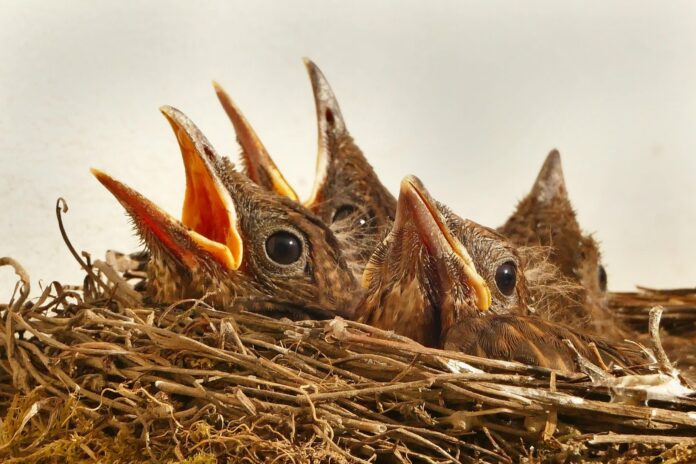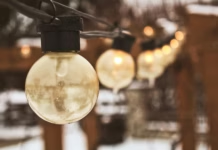With summer heating up, Brits have been offered tips to ensure their gardens are a haven for feathered friends in the warm weather.
Garden experts from GardeningExpress.co.uk have offered essential tips to help families support local bird populations during the warmer months – from providing the right food to creating safe nesting sites.
Wild birds such as blackbirds, blue tits and robins face numerous challenges during the summer, including scarcity of natural food sources and the ever growing need for suitable nesting sites.
However, simple actions such as offering a variety of foods, maintaining fresh water sources, and ensuring safe nesting spots can be crucial for helping our feathered friends.
Chris Bonnett from GardeningExpress.co.uk said: “Summer is a critical time for wild birds, with many species raising their young and needing extra resources. Ensuring they have access to food, water, and safe nesting sites will help them thrive.
“Creating a bird-friendly garden doesn’t require a lot of effort, but it makes a significant difference for local wildlife. By following these simple steps, you can provide a safe haven for birds and enjoy everything they bring to your garden.”
Here is Gardening Express’ tips and advice on how to care for garden birds this summer:
- Provide fresh water
Birds need fresh water for drinking and bathing. Place birdbaths or shallow dishes of water in your garden and ensure they are cleaned and refilled regularly to prevent the spread of disease.
- Offer a variety of foods
Supply a diverse range of bird foods, such as seeds, nuts, suet, and mealworms. Different bird species have different dietary needs, so providing a variety of foods should attract a wider range of birds to your garden.
- Install nest boxes
Nest boxes provide safe places for birds to raise their young. Ensure they are placed in a quiet, sheltered spot, away from direct sunlight and predators. Clean them out after the breeding season to prepare for the next year.
- Create safe nesting sites
Avoid pruning hedges and trees during the nesting season (February to August). Birds often nest in these areas, and disturbing them can lead to abandoned nests and lost chicks.
- Maintain feeders
Regularly clean bird feeders and replace any mouldy or spoiled food. Dirty feeders can spread diseases, which can be detrimental to bird populations.
- Grow native plants
If you can, plant native shrubs, trees, and flowers in your garden. They provide natural food sources such as berries and insects, and offer shelter and nesting sites for birds.
- Avoid pesticides
Pesticides can harm birds and reduce their food supply by killing insects. Opt for natural pest control methods to keep your garden bird-friendly.
- Create a bird-friendly habitat
Provide a mix of habitats, including trees, shrubs, and open spaces. This variety will attract different bird species and support their varying needs for food, shelter, and nesting.
- Protect birds from your pets
Keep an eye on your pets, particularly cats, whilst they’re in the garden. Consider using bird-friendly deterrents, such as collars with bells, to reduce the risk of predation.
- Support conservation efforts
You could even get involved with local bird conservation groups. Participate in bird counts such as the Big Garden Birdwatch as well as habitat restoration projects to help protect and support bird populations in your area.

| [donate]
| Help keep news FREE for our readersSupporting your local community newspaper/online news outlet is crucial now more than ever. If you believe in independent journalism,then consider making a valuable contribution by making a one-time or monthly donation. We operate in rural areas where providing unbiased news can be challenging. |



















